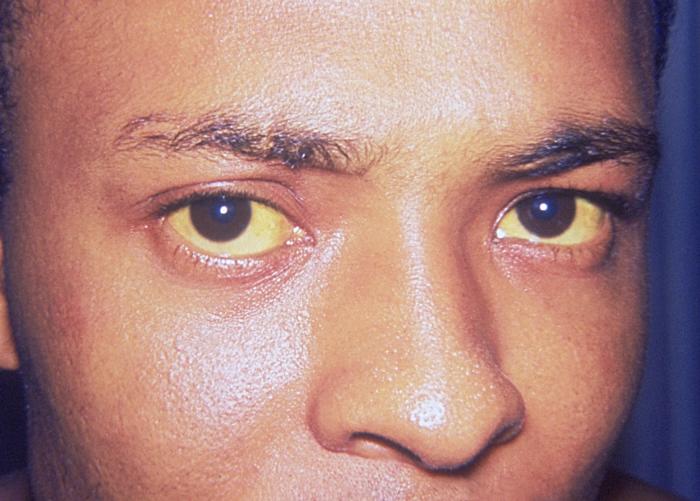An outbreak of hepatitis A struck the city of São Paulo, Brazil in 2017 and the number of cases reported through November is an astounding 11 times the number of cases in 2016, according to an r7.com report (computer translated).
Officials in São Paulo have seen 656 hepatitis A cases, including two deaths in the first 11 months of the year, this compares with just 60 reported last year, for a nearly 1000 percent increase year-to-year.
The increase in hepatitis A in the state capital is mainly related to the homosexual population, according to the Municipal Health Secretary of São Paulo— “Most cases are men who have sex with men who have not been vaccinated and who are susceptible to hepatitis. Probably within this community, people became infected and the disease spread.”

45% of the cases were transmitted through unprotected sex, 11% were due to ingestion of contaminated food and / or food and in the remaining 44% the source of transmission is unknown.
However, the good news is it appears that cases are now decreasing. The Brazilian Society of Infectious Diseases believes that the occurrences should not increase in 2018.
Hepatitis A is a virus that can cause a liver infection. Symptoms can last a few days to several months. The virus is rarely fatal and most people develop lifetime immunity following infection. Hepatitis A can be serious however, especially for older people and those with chronic liver disease. For these individuals, there is a greater risk of hospitalization and death.
Most people who are infected recover completely. Unlike hepatitis B and C, hepatitis A does not develop into chronic hepatitis or cirrhosis (scarring of the liver) and death from hepatitis A infection is rare.
Symptoms can begin 15 to 50 days after becoming infected. It is also possible to be infected and not have any symptoms. For symptomatic individuals, the severity of symptoms can range from mild to severe.
Talking Hepatitis A with Dr Amesh Adalja
Symptoms of hepatitis A include jaundice (yellowing of the skin and eyes), fever, fatigue, loss of appetite, nausea, vomiting, abdominal pain, dark urine, and light-colored stools. Symptoms usually appear over a number of days and last less than two months. However, some people can be ill for as long as six months.
Although there is no specific treatment, there are forms of prevention, such as the vaccine. The immunization has been made available free of charge since 2014 by SUS (Sistema Único de Saúde) for children up to five years of age. Groups at risk – people with immunosuppressive diseases, such as hepatitis B and C, and HIV carriers – are also entitled to the vaccine.
Related:




